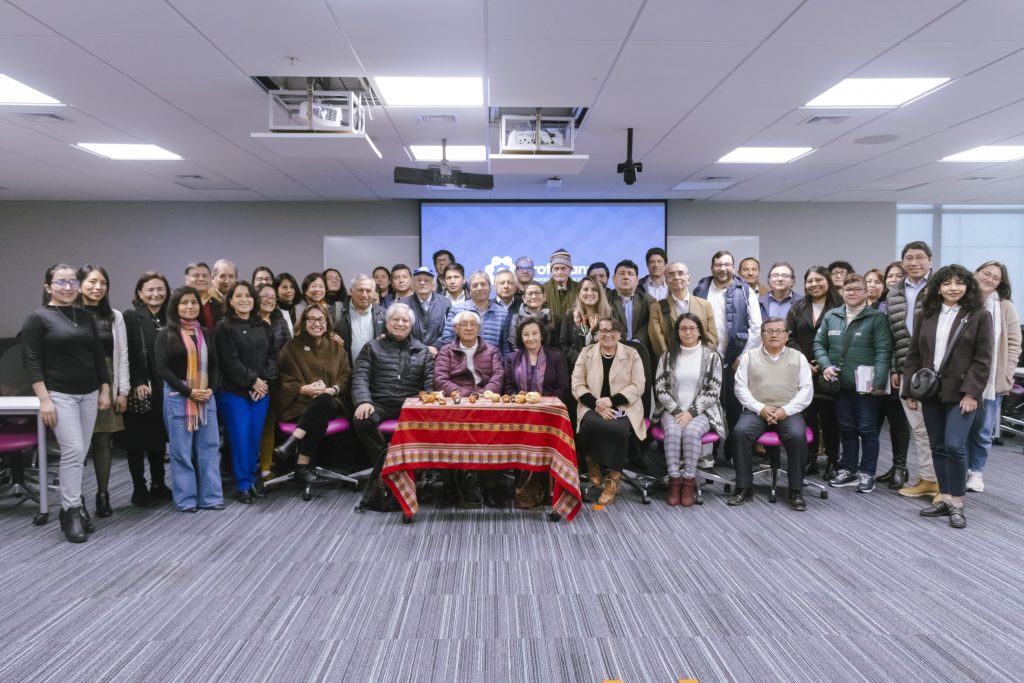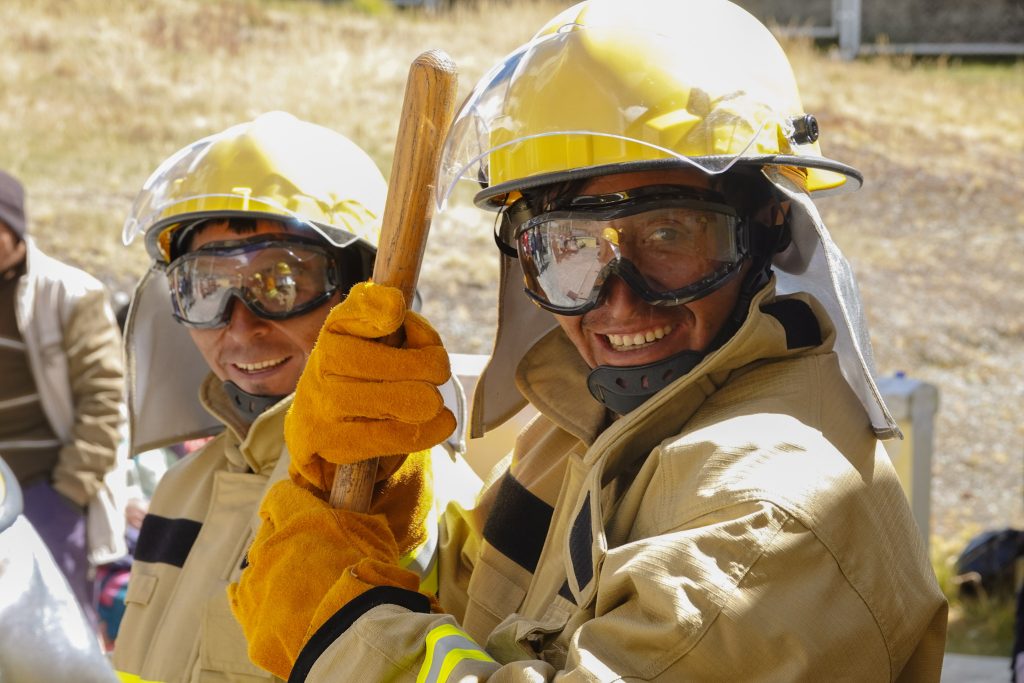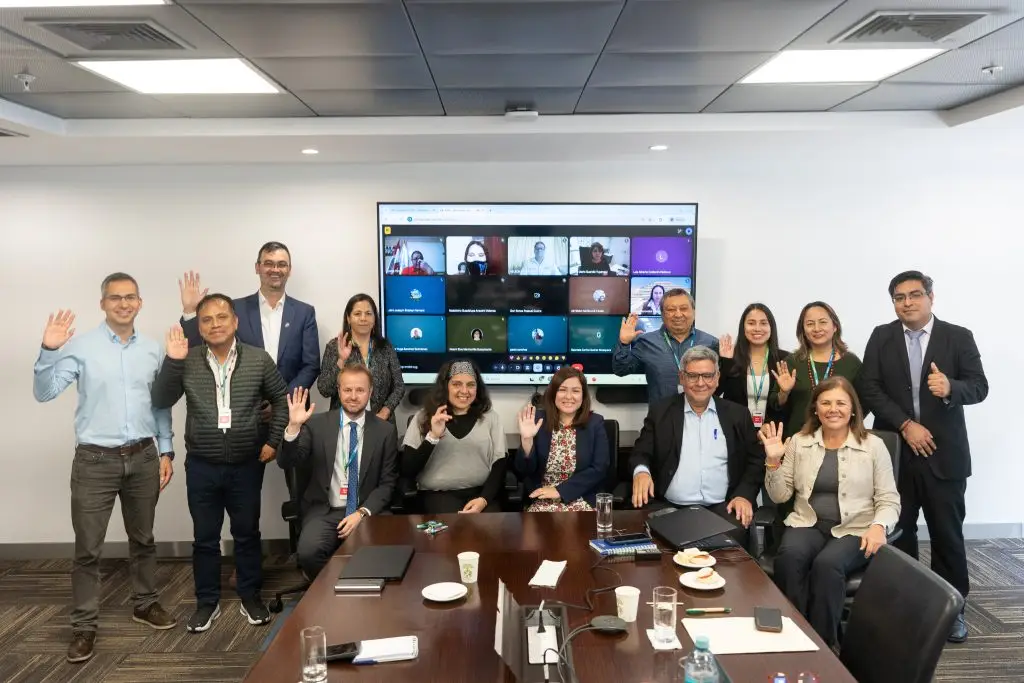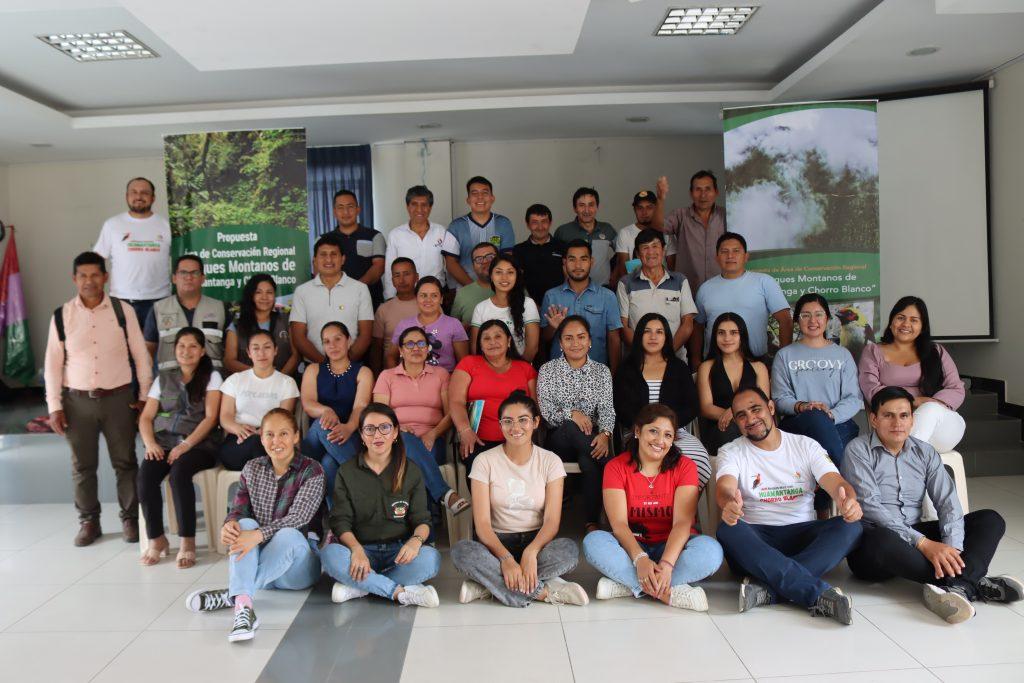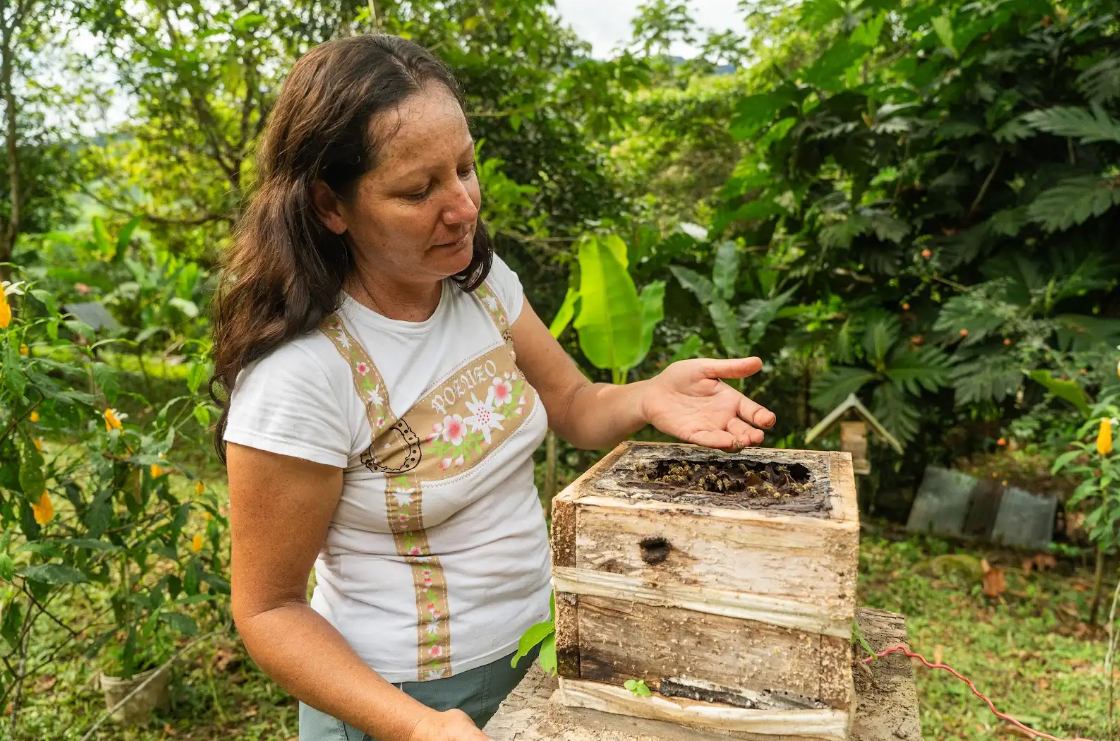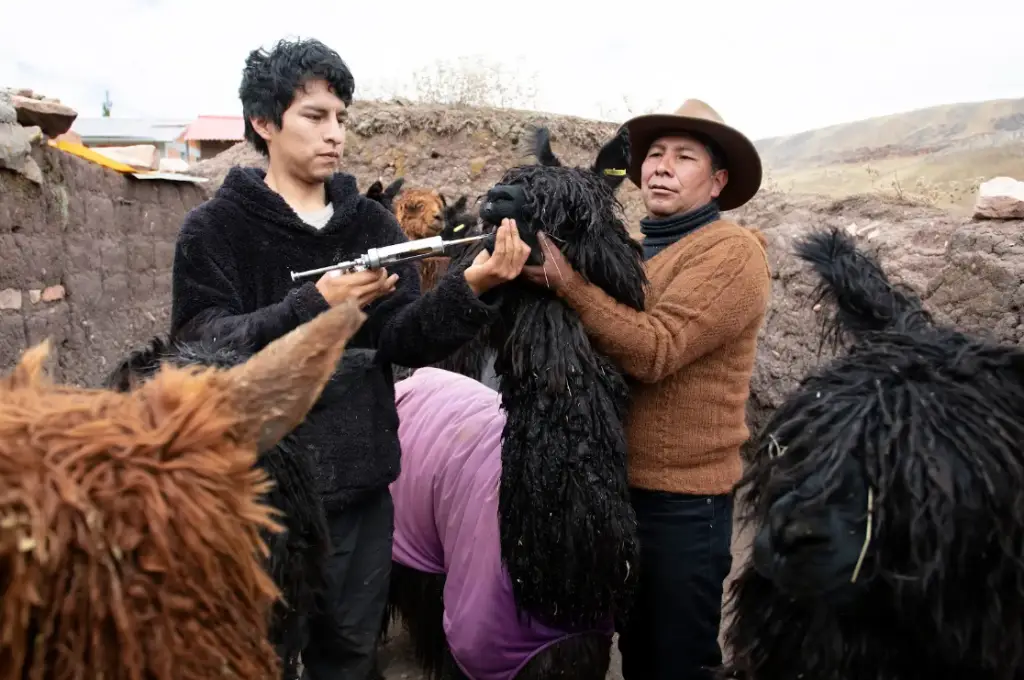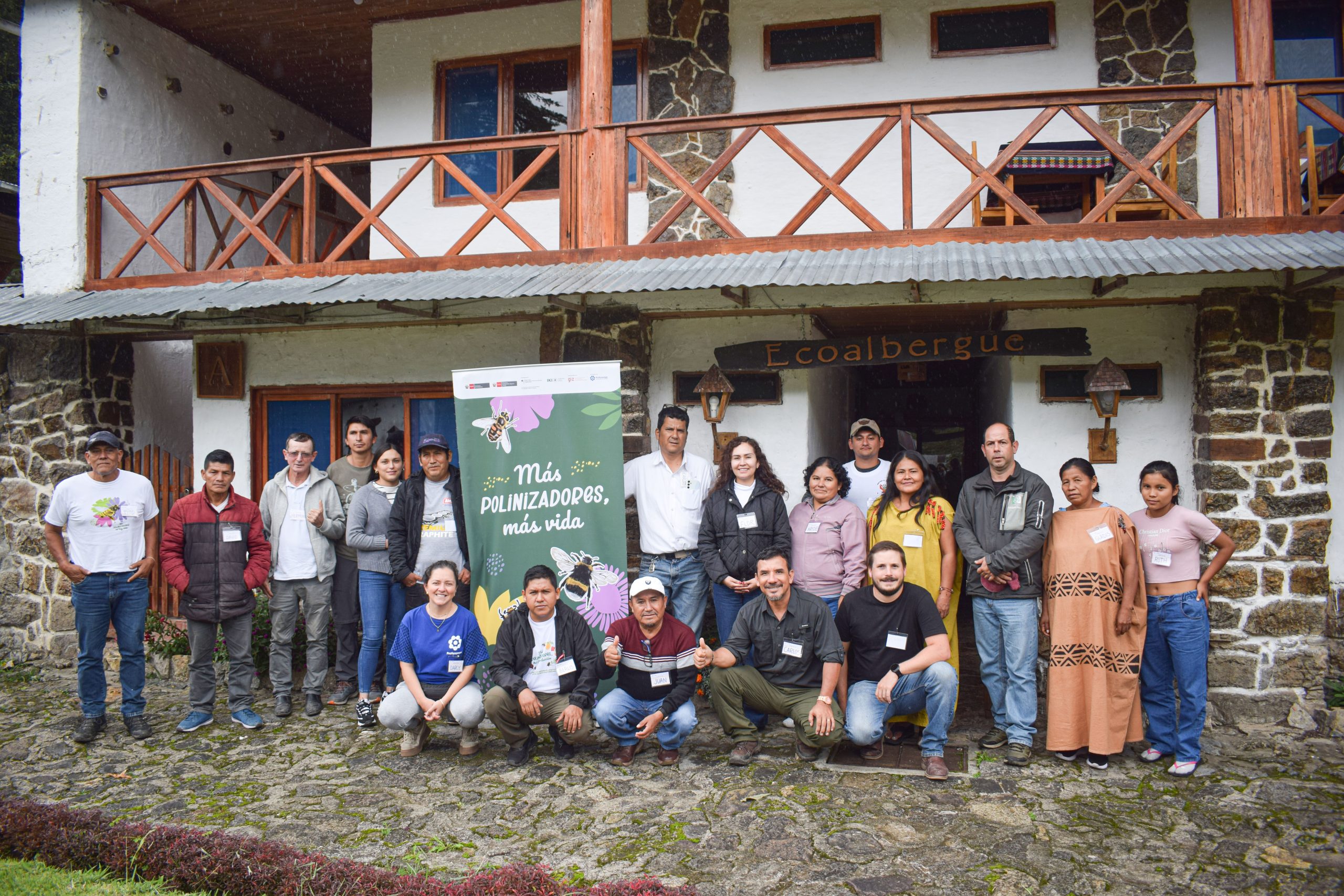On July 18, the second meeting of Profonanpe’s Roundtables 2024 was held, bringing together specialists from the public and private sectors, international cooperation and civil society who have been taking action in the conservation and sustainable use of agrobiodiversity. The meeting sought to promote the exchange of ideas and approaches to strengthen actions on this important issue.
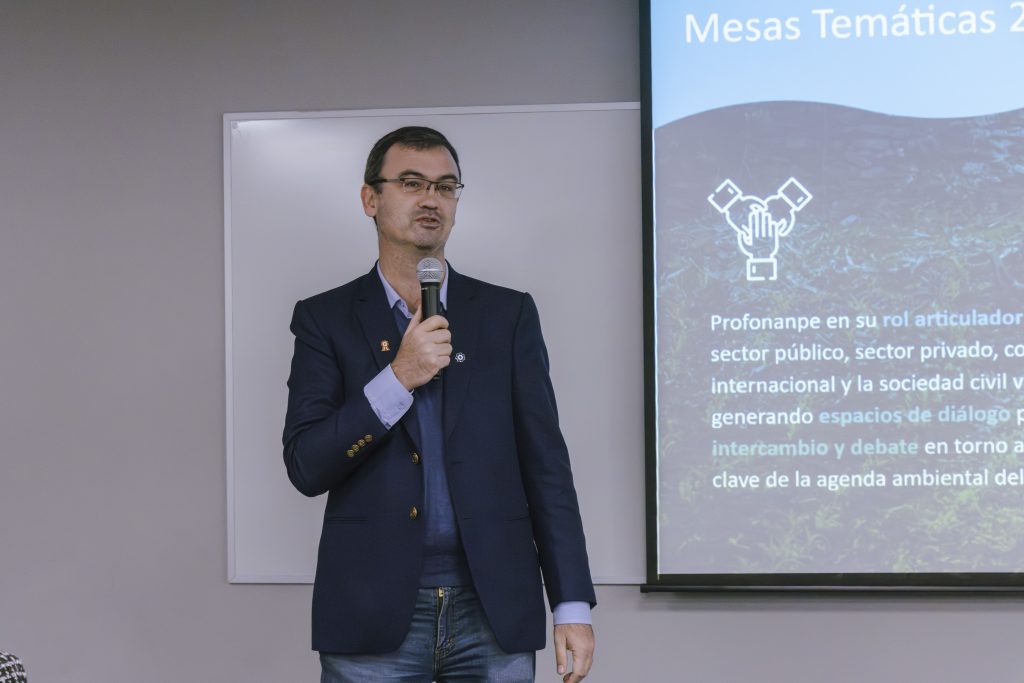
Anton Willems, Executive Director of Profonanpe, opened the meeting, highlighting Profonanpe’s work as “an articulator between the various sectors that have been managing spaces for exchange and debate, which allow us to identify key issues of the environmental agenda that we have as a country.”
César Sotomayor, National Coordinator of the GEF Agrobiodiversity-SIPAM Project, gave an initial presentation on the Seed Banks, a strategy adopted by the project that has been based on the revaluation of the human and social capital of conservationist producers in Puno, Cusco, Apurímac and Huancavelica.
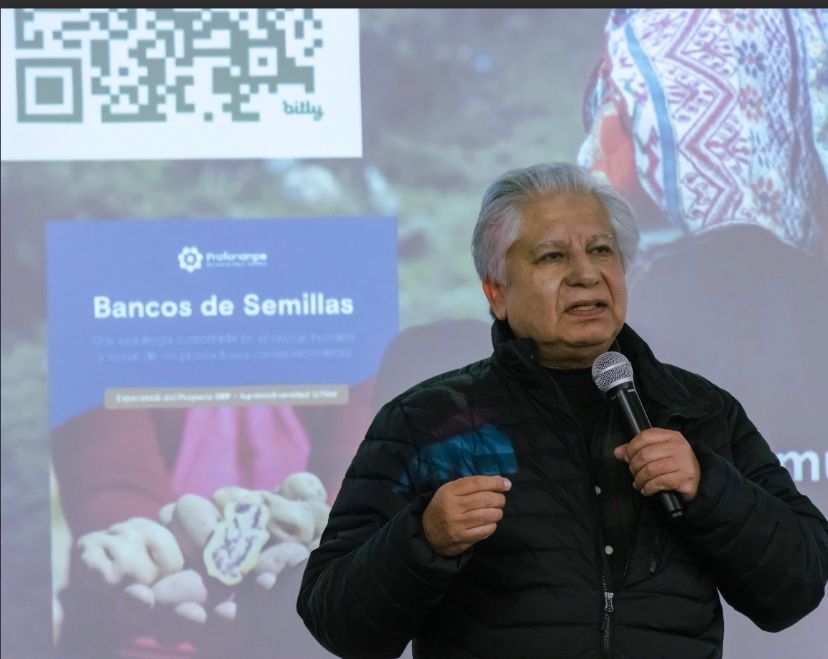
“One of the great challenges of public policy in relation to agrodiversity is to resolve a complex paradox. Conservationist producers contribute to food security and maintain valuable genetic material, but receive little income for maintaining diverse crops. Despite this, they continue to invest their time in conservation,” explained Sotomayor.
The meeting provided an opportunity to learn about the importance of the use of human, social and cultural assets by conservationist farming families. “These intangible assets, although difficult to calculate, are manifested in the prestige and reputation of producers. However, they are often not fully recognized,” he added.
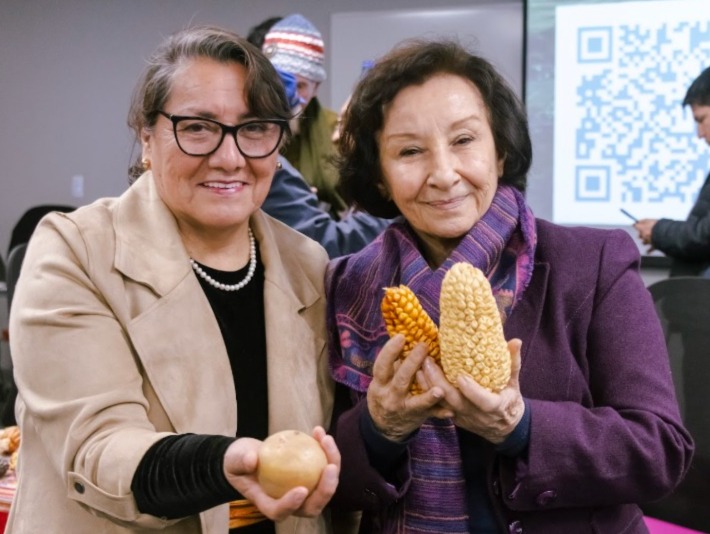
Working groups
In order to generate knowledge, working groups were set up at the meeting to focus on three crucial topics: the creation and management of family and community seed banks, the use of cultural and social capital in agrobiodiversity conservation, and the development of market-based incentives for the conservation of agrobiodiversity products.
Finally, innovative approaches were proposed to improve agrobiodiversity management in the Andean region. Participants concluded that it is essential to provide local incentives for agrobiodiversity conservation and to establish a direct connection with the market to ensure demand for products.
In addition, the importance of achieving environmental, social and economic sustainability goals was highlighted, as well as addressing valuation, property rights and benefit sharing of genetic resources, issues that will be on the COP 16 agenda.
- Learn more about the innovative Seed Bank initiative here.
- Watch the dialogue between Sixto Huaracha and Anita Sierra here.
About Profonanpe’s Roundtables
These are spaces for dialogue that seek to inspire the planning of collective actions that promote sustainability and efficiency in the management of environmental projects, as well as to have an impact on the national environmental agenda. These spaces bring together specialists from various sectors: public, private, international cooperation and civil society.


